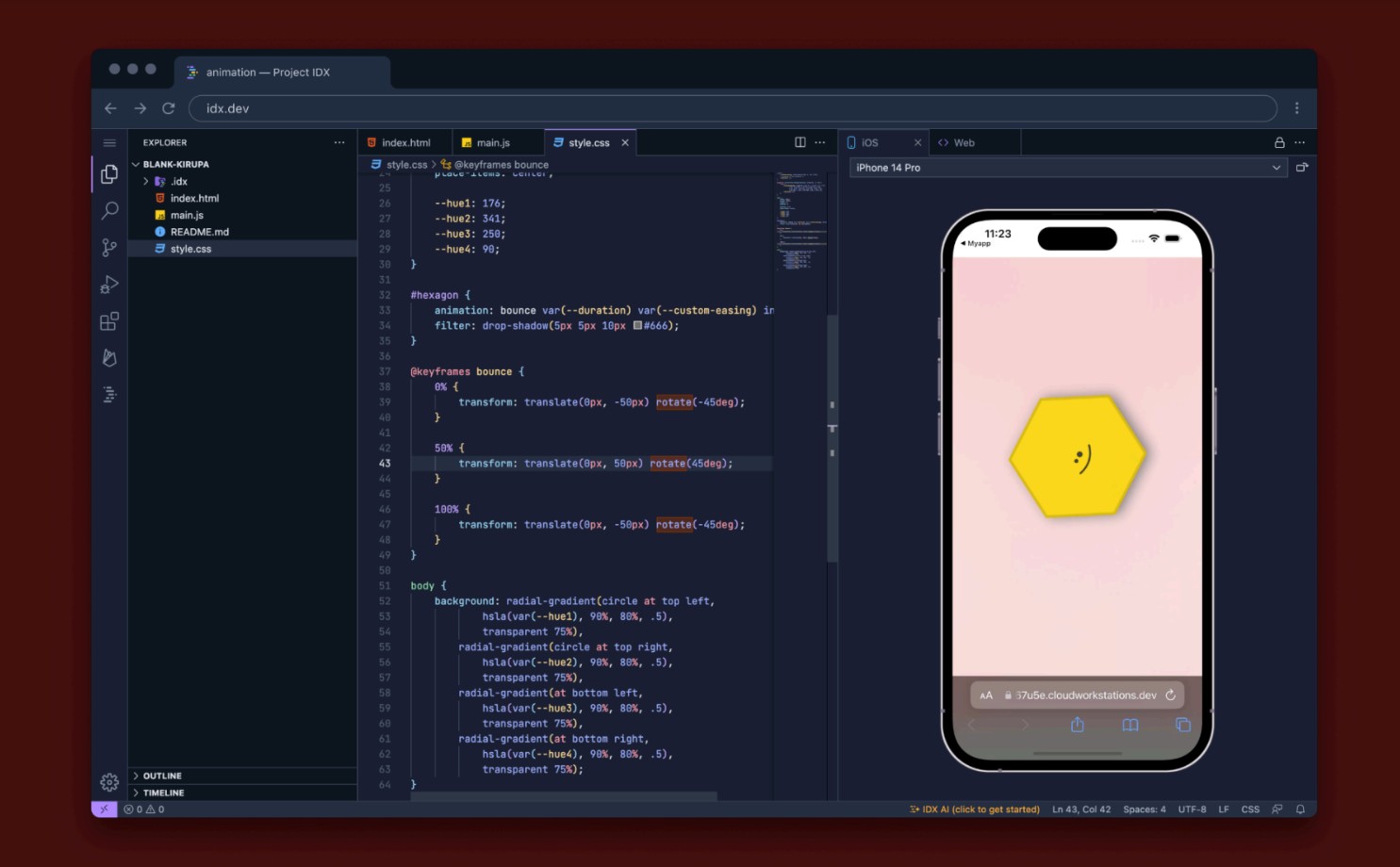
It’s been quite the year for gaming industry exec Pany Haritatos.
Last month, he quietly closed an oversubscribed $28 million Series A for his new game studio startup Series Entertainment, according to an SEC document and confirmation from the company. Investors include Netflix, Dell Technologies Capital, with follow-on investments from seed investors Andreessen Horowitz, BITKRAFT, and F4 Fund. This comes after launching the company only a year ago with a healthy $7.9 million seed led by a16z.
In between, he’s already made an acquisition. Series bought mobile game studio Pixelberry in July, best known for its interactive fiction game Choices: Stories You Play.
Series, also known in the industry as Series AI, is on a mission to create video games using LLMs and GenAI. But more than that, it’s gunning to be the new Unity, powering legions of game developers. Haritatos and team have created the Rho Engine, which uses GenAI to help game developers build games speedily.
One can be skeptical that LLMs will really be the panacea to humanity that its loudest proponents claim. But gaming is definitely one of the areas that AI is glowing up.
Instead of designing everything from characters to elixir bottles, game developers can have AI step in to do that work and to make games more interactive than ever. NPCs can turn into rich, fully developed characters that, for instance, haggle with the gamer. Players can be given vast, perhaps unlimited, capacities for customization. And so on.
But to do all that, developers need AI-enhanced game engines. Series bills Rho as the first AI-native, multimodal full-stack game creation platform – meaning it handles visuals and audio. To be fair, there are other AI gaming engine competitors out there including, for instance, Modi.ai Engine, and Unity’s Muse Chat. But Rho says it sits in a different spot. Modi.ai performs tasks like bug catching, or identifying reasons why the games are crashing. Series views Muse Chat as more of an AI assistant. Rho, the company says, is intended for full-stack game development.
A16z investors Joshua Lu and Andrew Chen were so excited to land the seed deal a year ago with Haritatos that they penned a blog post calling Series, “a game studio and technology company that is reinventing the future of game development with generative AI.”
Part of what excited these investors was Haritatos himself. He has decades in game development and a knack of being on the cutting edge at just the right time. When Adobe’s Flash player emerged in the late 1990’s as a multimedia tech, he built his first studio making browser games and sold it to Zynga. Then he built a mobile game studio and sold it to Kongregate – a site that rose during the Flash games era. Haritatos later became CEO of Kongregate (eventually selling the company to Swedish gaming studio MTG). In 2020, he was hired to lead Snap’s games group, developing augmented reality and embedded games.
Those chops are why his investors are all big names in gaming. In addition to nabbing backing from a16z’s game-specific fund, Series landed BITKRAFT. This is a firm founded by eSports pioneer Jens Hilgers who cofounded ESL and G2 Esports, and is one of the most active game investors. Ditto for F4 Fund, a firm run by David Kaye and Joakim Achrén, two game makers who have built and sold multiple studios apiece and now invest.
Series has grown from 17 employees at the start of 2024 to over 100 now, the company says, with the team coming from companies like Zynga, Machine Zone, Google, and Snap.
While Haritatos declined an interview after TechCrunch discovered the Series A raise, his people sent an emailed statement from him that praised his investors and said, “We are thrilled that we raised a very successful $28 million Series A during a tough year for funding.”
Pitchbook estimates the Series A was for about 15% of the company, giving Series a $190 million post-money valuation. The company declined comment on the accuracy of that number.


